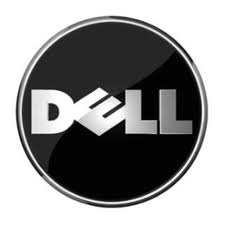 Dell has reported another disappointing quarter for sales and profits. These reports have shone light on a continuous downturn that has significantly affected shareholders. The company has struggled to stay profitable with shifts to smartphones and tablet computers occurring more rapidly in recent times. Dell’s Chief Executive Michael S. Dell declined to participate in conference calls scheduled to discuss the financial results with analysts.
Dell has reported another disappointing quarter for sales and profits. These reports have shone light on a continuous downturn that has significantly affected shareholders. The company has struggled to stay profitable with shifts to smartphones and tablet computers occurring more rapidly in recent times. Dell’s Chief Executive Michael S. Dell declined to participate in conference calls scheduled to discuss the financial results with analysts.
The company’s most recent quarter was better than industry analyst originally projected. Dell earned $530 million, or $0.30 a share, for the fourth quarter placing the company 31% down from $764 million, or $0.43 a share, in the previous year. Excluding severance and acquisition related charges, earnings were $0.40 a share. That was above the forecast polled by FactSet. Revenues totaled $14.3 billion, which is down 11% from the previous year.
However, the reports were overshadowed by the announcement of a proposed buyout worth $24.4 billion that will take the company from public trading to a privatized company. By privatizing the company, Mr. Dell believes the company will have more flexibility to diversify itself beyond the PC business. Currently, those plans have been rejected from shareholders interested in increasing profits from one quarter to the next.
Mr. Dell is leading the buyout discussion. He founded the company 29 years ago and is the lead proponent for taking the company private. The company’s board is standing behind the negotiations that took place with Mr. Dell and a group of investors led by Silver Lake. Despite two of Dell’s biggest shareholders communicating their concerns, Mr. Dell is moving forward.
Two of Dell’s largest shareholders, Southeastern Asset Management and T. Rowe Price, have planned on voting against the deal unless the offer is increased. Representatives for Dell are not taking questions concerning the announced deal or answering questions regarding the shareholders who are seeking to increase the bid currently on the table. Dell’s history as a publicly traded company will come to an end if the deal closes.
